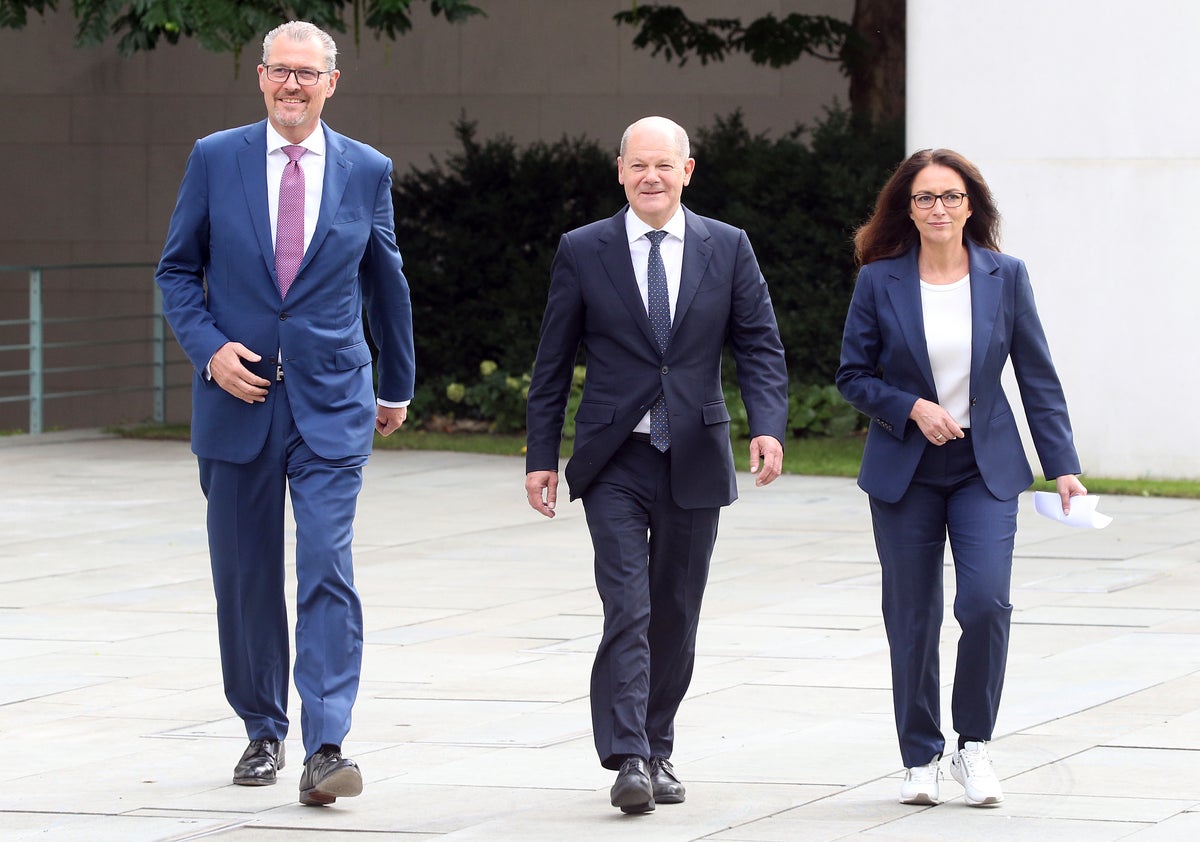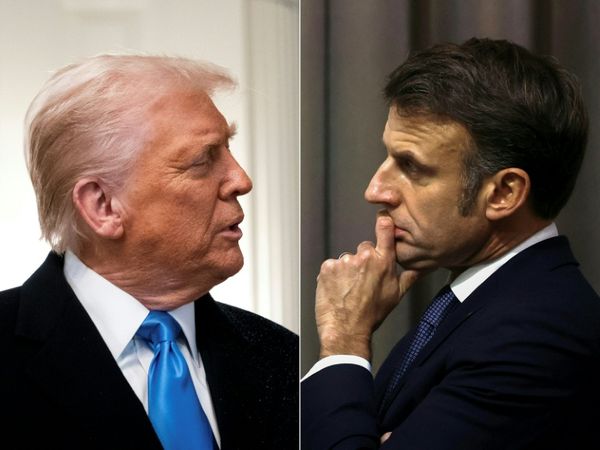
The German government is urging companies to make a one-off payment to their employees of up to 3,000 euros (dollars) as a way of addressing the impact of rising prices while preventing a spiral of inflation in Europe’s biggest economy.
Chancellor Olaf Scholz said Thursday that the government would waive the usual salary-related taxes "if this means that employees can get through the crisis better with such a payment.”
Speaking after a meeting with top employers and labor union representatives at his Berlin office, Scholz said the disbursements would be voluntary "but I am sure that employees will be happy to receive a tax- and duty-free payment in addition to the agreed wage.”
The chancellor said he understood the worries many people have about sharply rising utility bills and prices at supermarkets and gas stations.
Scholz noted that businesses also are coming under increasing price pressure and stressed that “the German government is not leaving anyone alone with the burden."
During the summer, Germany temporarily lowered taxes on diesel fuel and gasoline at the pump and introduced an ultra-cheap ticket that allowed people to use all local and regional public transportation for 9 euros (less than $10) a month.
German labor unions have demanded higher-than-usual pay increases this year to make up for rampant inflation, threatening strikes unless their demands are met.







